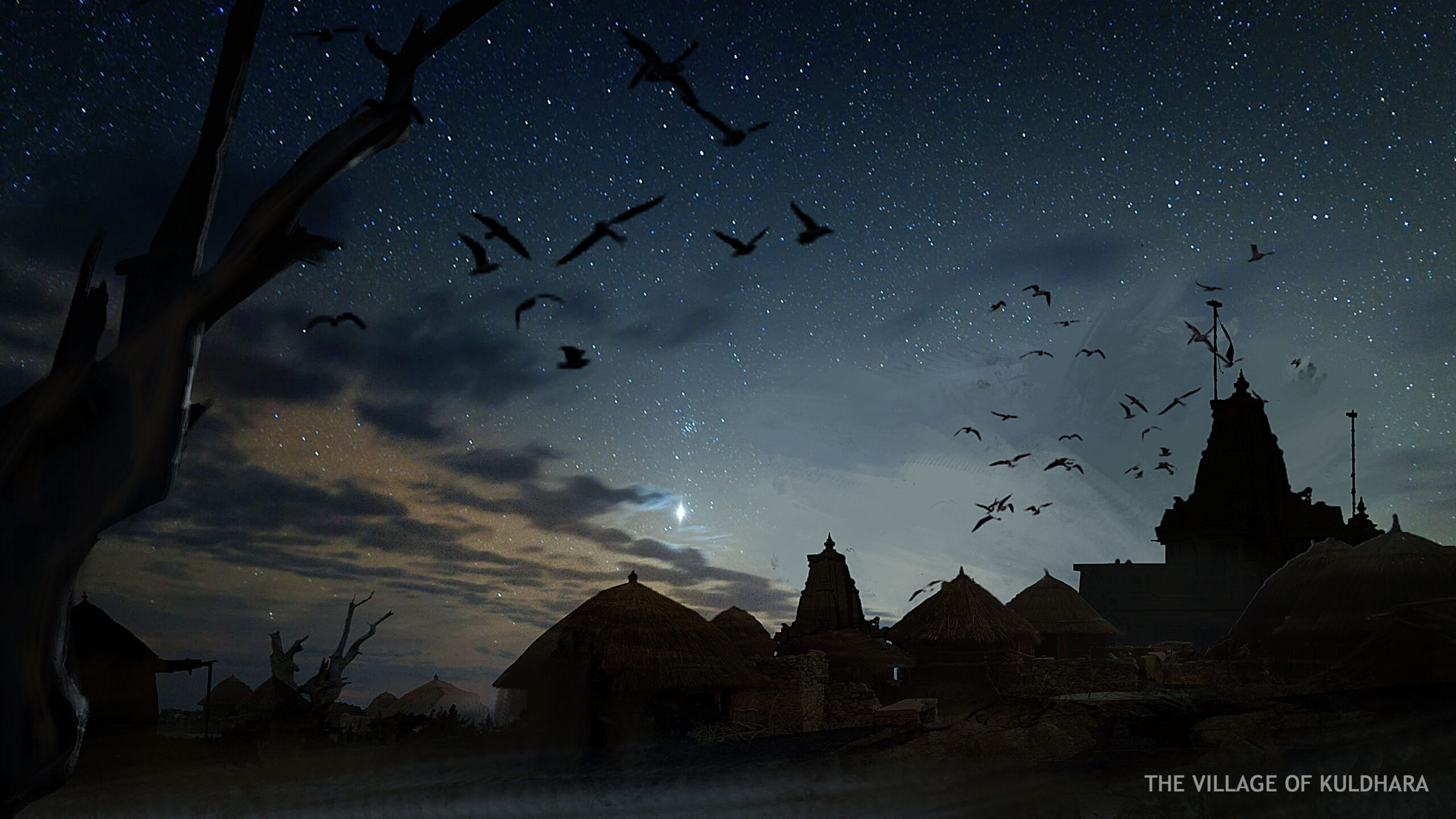
If history is boring, why is historical fiction so magical?
I never enjoyed history in school. Not for me those dull dragging lessons which were almost always sadistically timetabled after the lunch break. The History Miss would add to our misery by speaking in a monotone, and reciting reams of dates and names that sounded so alike….Mohammad Bin Tughlaq and Mahmud of Ghazni, Sikander Lodhi and Ibrahim Lodhi, Adil Shah and Adil Khan…Shading one’s brow with a hand, it was possible for one to appear to be absorbed in the text and yet catch a good half hour of sleep. Of course, if one got too deep in and gave a gentle snore, there would be hell to pay!
It was only many years later, when I became an avid traveler, both within the country and outside, that I began to get excited by the historical places we visited and the stories buried there in old forts and palaces, temples and mausoleums. And I realized that history is much more than battles and conquerors, military strategies and King makers. It is actually the stories of ordinary people who lived in those times and their relationships with one another, their joys and sorrows, and how these were shaped by the bigger events that were beyond their control.
That is when I began to actually enjoy history. Every monument we visited came alive for me; every story told by the guides lingered in my mind, and soon I was completely enmeshed in the magic of the past! Being a fiction writer, I began to delve into the genre of historical fiction, not as a tedious retelling of history, but as a re-creation of events from the point of view of people who would have lived in those times.
Thus were born my books The Legend of Kuldhara and Mandu–The Romance of Roopmati and Baz Bahadur. The Legend of Kuldhara retells the true story of a village in the Rajasthan desert that was abandoned overnight to save the honour of a young maiden. As history has no information on what happened to the people who disappeared into the desert, and absolutely nothing about the girl, I recreated the village, created characters and relationships, and set the story against actual historical facts. In Mandu, the haunting legend of Sultan Baz Bahadur and the peasant girl Roopmati became my muse to tell their tale set against the drama of Mughal emperor Akbar’s attack on Mandu.
As I continue to delve into stories from India’s past, I have realized that some things never change, no matter how many centuries or millenia pass. People are always the same, as are love, loss, happiness and grief. So in reading these stories from India’s rich and chequered past, my readers say they are transported to another world, so different and yet not so different from ours…..